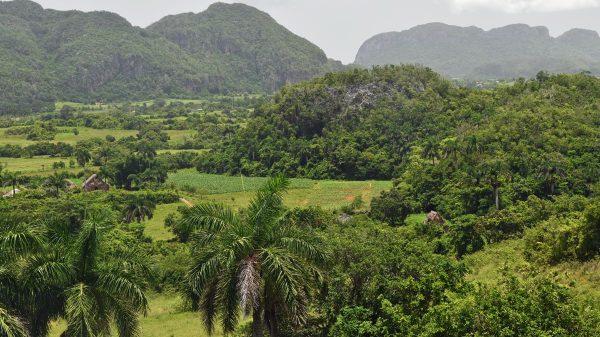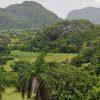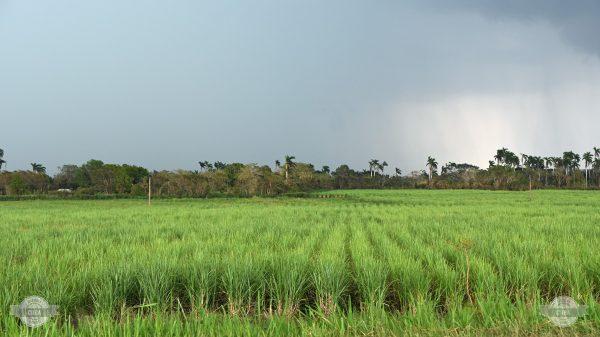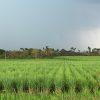Cuba and the Food and Agriculture Organization of the United Nations (FAO) have signed a climate resilience project agreement valued at USD 119 million with financing from the Green Climate Fund. The signing of this agreement will benefit 240,0000 persons living in vulnerable communities.
The initiative, “Incremento de la resiliencia de las familias y comunidades rurales frente al clima mediante la rehabilitación de territorios productivos en localidades seleccionadas de la República de Cuba” (transl. “Increasing the resilience of rural families and communities to the climate through the rehabilitation of productive territories in selected localities of the Republic of Cuba,” (IRES), was designed by MINAG and the FAO with the participation of local farmers, civil society and local stakeholders. It was recently approved at the Green Climate Fund Board (FVC) in Geneva.
The IRES initiative will improve food and nutritional security and increase the resilience and stability of local food production systems, employment, access to water and reduce greenhouse gas emissions.
The FVC will fund USD 38.2 million with co-financing by the Cuban government of USD 81.7 million. This is the first project in Cuba supported by the Fund and the fourth with the FAO in Latin America and the Caribbean.
MINAG and FAO will carry out the IRES in seven of the municipalities most affected by climate change in the provinces of Matanzas (Los Arabos), Villa Clara (Quemados de Güines, Corralillo and Santo Domingo) and Las Tunas (Amancio, Colombia and Jobabo).
Working with local farmers, 25,000 of whom are women, the IRES initiative will last for seven years, benefitting and improving greenhouse gas emissions by 2.7 million tons.
Oscar Labrador Llanes, director of Forestry, Flora and Wild Fauna of MINAG said, “This project constitutes an important contribution to Cuba’s efforts to fulfill its National Plan for Economic and Social Development until 2030, to support territorial development plans and to stimulate the execution of the State Plan for Confronting Climate Change, Life Task.”
Cuba’s FAO representative, Marcelo Resende, said the initiative would rehabilitate productive farmlands and increase farming families and rural communities’ resilience in confronting climate change impact on agriculture.
He added that the project demonstrates governmental willingness to boost foreign investment in the agricultural sector, promote sustainable and secure food production systems despite the complex situation due to COVID-19.
According to the Development Bank of Latin America’s Index of Vulnerability to Climate Change in the region, Cuba is classified as a high risk country.

From our staff writers and editors.














